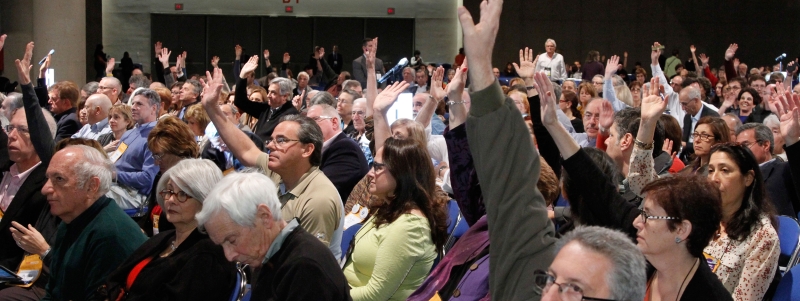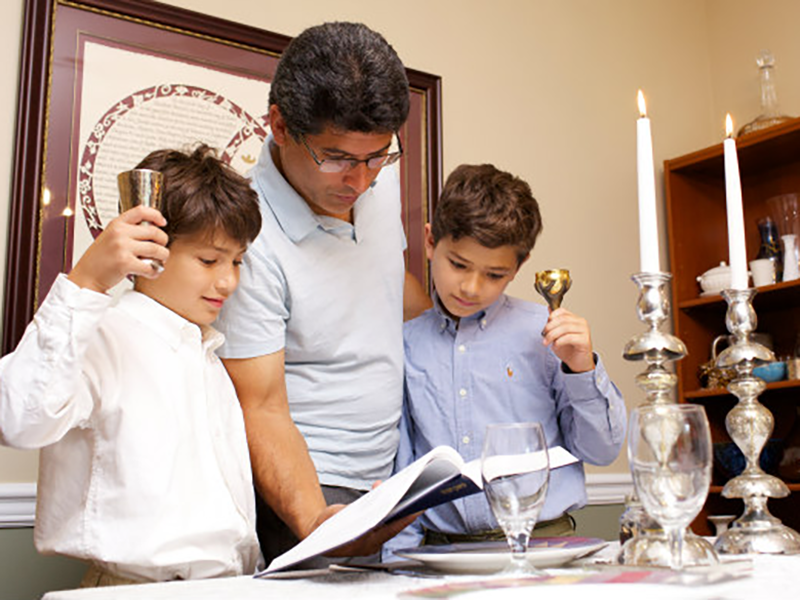Adopted at the 61st General Assembly
November, 1991
Baltimore, MD
Background
Physical and psychological violence against women is a historical and present fact. While acts of violence may be expressed in a sexual way, typically their causation is directly attributable to uncontrolled rage, anger, and assertion of power. In terms of both intent and consequences, these acts constitute crimes which include, but are not limited to, murder, attempted murder, rape, incest, aggravated assault, and assault and battery. Recently, in the United States some states have recognized that women who have been repeatedly beaten by men may be justified in using deadly force to protect themselves. The clinical condition arising from prolonged domestic violence is known as "battered woman's syndrome."
Violence against women is rising at an alarming rate. In the past ten years, rape rates, including acquaintance rape, have risen four times as fast as the general crime rate. Each year, more than one million women seek medical attention for injuries caused by battering. While reporting data is imperfect for a myriad of reasons, current statistical evidence reveals that violence within Jewish families occurs at a rate commensurate with their representation in the general population. Our tradition teaches us that mental anguish and moral degradation are the equivalent of physical murder. We are commanded not to stand idly by while our neighbor bleeds. We must speak out about this problem. We must reach out to its victims.
Therefore, the Union of American Hebrew Congregations resolves to:
- Promote vigorous enforcement of existing laws prohibiting all forms of violence against women.
- Urge authorities such as police, judges, prosecutors, and crown attorneys to attend training courses on the issues of violence against women.
- Advocate legislation at federal, state, provincial, and local levels to further address these crimes and to establish "battered woman's syndrome" as a valid legal defense.
- Encourage congregations through professional and lay leadership both to acknowledge these problems and create service networks.
- Utilize the resources of the UAHC, its affiliates, and the CCAR to educate our congregations through programs in religious schools, youth groups, and adult education about domestic violence and other forms of violence against women and to crate and disseminate information dealing with this crisis.
- Promote the formation and governmental funding of local programs to aid women who are survivors of violence and to prevent future violence. Such programs should include, but are not limited to, shelters for women and their children, counseling, legal assistance, other services designed to maximize self-help for the victims of violence, and rehabilitation services for the perpetrators of violence.
Give to the URJ
The Union for Reform Judaism leads the largest and most diverse Jewish movement in North America.

